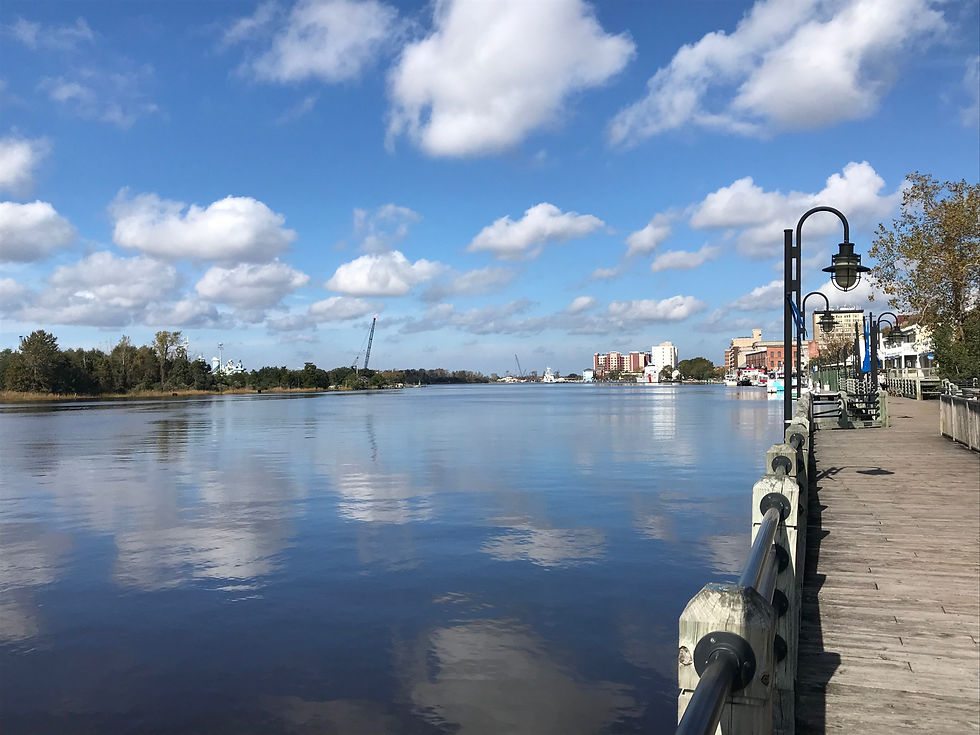Mirrors, Windows, and the Arts
- Ireland Headrick
- Feb 17, 2018
- 2 min read

Sydney J. Harris, an American journalist for the Chicago Daily News and, later, the Chicago Sun-Times, once said, “the whole purpose of education is to turn mirrors into windows.” This idea of an intellectual landscape, rooted in knowledge and combined with a desire to grow and adapt, is fascinating to me.
To seek to understand the world beyond oneself, and to probe and explore the surrounding environment, is essential to the kind of wisdom that looks upward and outward. If I were to stand directly in front of a mirror, all I would see is myself. I might see the wall behind me or whatever furniture is situated nearby, but I would be focused on me. My skin, my hair, my body. I might look deeper, perhaps into my eyes, and try to understand why I think the way I think or why I act the way I act. I might wonder why my room is messy or why everything behind me is the way it is, but when all is said and done, I would see nothing but myself and a sliver of a tousled bedspread—me and what is behind me.
Education, knowledge, wisdom—all reside under the umbrella of a liberal arts university: these things seek to turn this mirror into a window. A window through which I can see a world much bigger and infinitely more fascinating than myself. A window through which I can observe the natural world and the people in it, and come to new, beautiful, and evolving conclusions.
Louis Menand said that in the late nineteenth and early twentieth centuries, “college was a gate through which, once, only the favored could pass.” But by the latter half of the 1900s, “suddenly, the door was open: to vets; to children of Depression-era parents who could not afford college; to women, who had been excluded from many of the top schools; to nonwhites, who had been segregated or under-represented; to the children of people who came to the United States precisely so that their children could go to college.” This newfound inclusivity changed the game for those seeking higher education.
A hundred years ago, the undertaking of a university education was out of reach for most people. But today, even though it's still a privilege, the journey is more available than it has ever been. The difficulty it takes to attain a degree is still representative of the sacrifices made and the effort put in, but it's a challenge widely offered. Because, like Harris insisted, education is about turning mirrors into windows. To heal the world and grow as intellectuals, we first have to see the circumstances that led us to higher education and level the playing field for everyone—everyone—with a desire to learn.
As a creative writing major, I see my educational purpose as stemming from two sources: the desire to articulate truth through language, and the belief that what I have to say matters. It matters because every individual has unique experiences and insights, and the liberal arts education that I'm pursuing fosters a biggest-picture mentality. Sometimes, the view from 30,000 feet has more to offer than a pane of reflective glass.
–Ireland Headrick








Comments